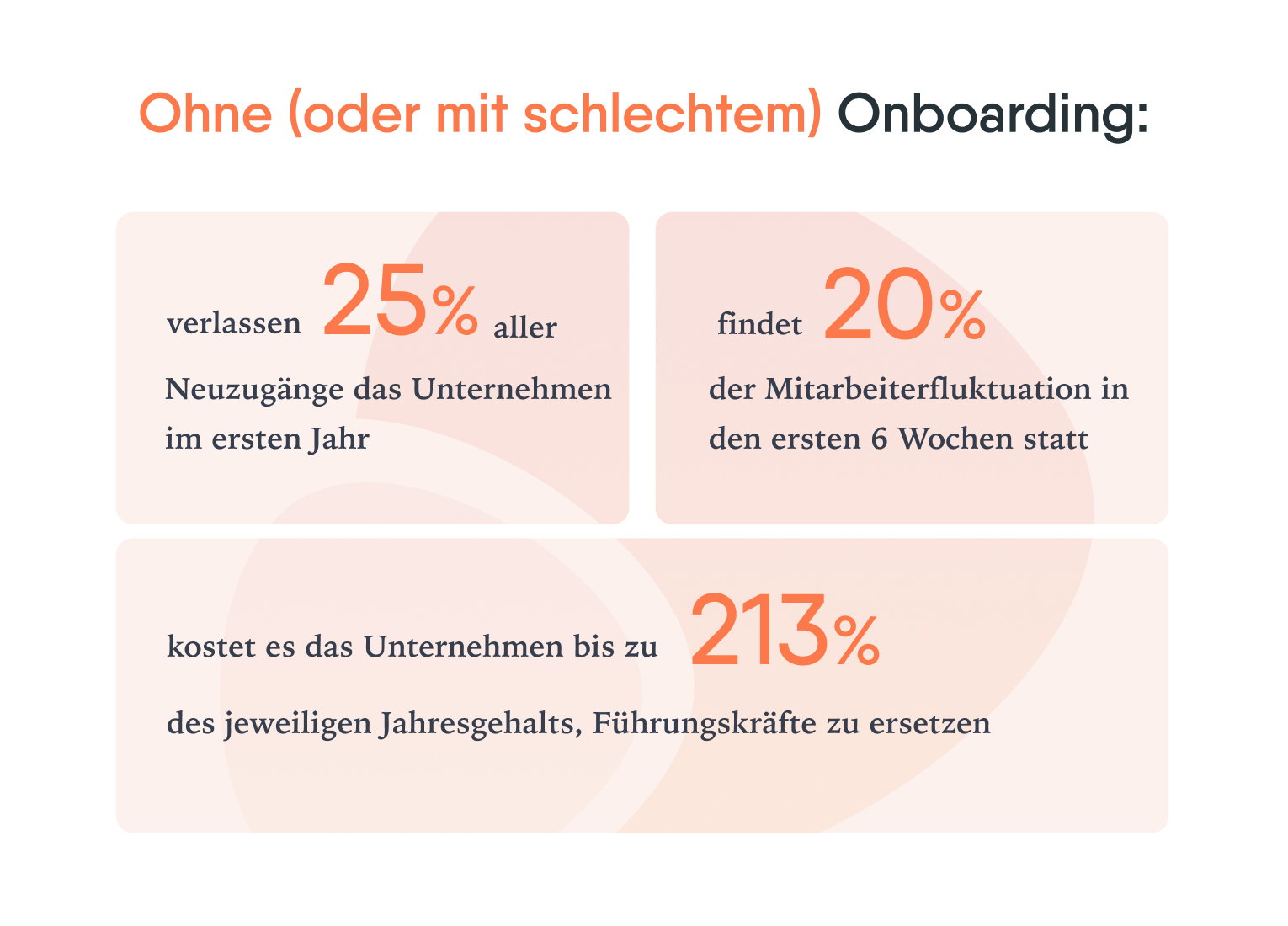 A Comprehensive Guide: Essential Questions to Ask When Onboarding New PPC Clients
A Comprehensive Guide: Essential Questions to Ask When Onboarding New PPC Clients
Starting a new client relationship can be daunting, especially when you have limited knowledge about their business. As a PPC marketer, it is crucial to understand your client’s goals and gain their trust from the very beginning. To achieve this, asking the right questions is key. Here are eight essential questions that will help you onboard new PPC clients and set the foundation for a successful partnership.
1. What are your business goals?
Before diving into any marketing strategy, it is vital to understand what your client hopes to achieve. Every business has unique goals, whether it’s increasing revenue for an e-commerce site or raising awareness for a nonprofit organization. By aligning your PPC strategy with these goals, you can develop a more effective campaign.
2. Who is your target audience?
Knowing your client’s target audience is essential for any marketing campaign. Understanding their demographics, interests, and preferences will allow you to craft tailored ad copy and target the right platforms. Identifying the ideal customer will help you create a more targeted and impactful campaign.
3. What differentiates you from your competitors?
To stand out in a crowded market, it is crucial to understand what sets your client apart from their competitors. Identify the unique selling points of their product or service and use them to convince the target audience that your client is the solution to their problems. By understanding your client’s differentiators, you can create compelling brand messaging that resonates with their audience.
4. What is your marketing budget?
Before developing any strategy, it is essential to know the budget you are working with. Different businesses have different budgets, and tailoring your approach to fit within those limitations is crucial. Starting with a bottom-of-the-funnel strategy and gradually expanding as the budget allows is a smart way to maximize results.
5. When are the busiest/most important times of the year for your business?
Understanding your client’s seasonal trends is crucial for optimizing their PPC campaign. Whether it’s the holiday season or a specific time of year for their industry, adjusting the budget accordingly is important. Failing to do so might result in missed opportunities or ineffective spending.
6. Who are your main competitors?
Knowing your client’s competitors gives you valuable insights into their business and industry. It allows you to understand how the client perceives their own business and how they position themselves. Additionally, studying competitors’ advertising strategies can help you identify what works and what doesn’t, enabling you to optimize your client’s campaign effectively.
7. What is the lifetime value (LTV) of a customer?
Understanding the lifetime value of a customer provides a more accurate picture of your campaign’s performance. Tracking the revenue of repeat purchases or recurring revenue instead of just the initial purchase will allow you to make more informed decisions about your PPC strategy. By attributing the correct value to your campaign, you can be more aggressive in your advertising.
8. How quickly do you expect results?
Setting realistic expectations is crucial when starting a new PPC campaign. While PPC can yield faster results compared to other marketing channels, it is not an instant fix. Communicating the timeline and ongoing optimization efforts required will help manage your client’s expectations and build a strong long-term relationship.
In conclusion, starting off on the right foot with new PPC clients is essential for a successful partnership. By asking the right questions and gaining a deep understanding of your client’s business, goals, target audience, and competitors, you can develop a tailored and effective PPC strategy. Remember, the more questions you ask, the better prepared you and your client will be for a fruitful working relationship.
